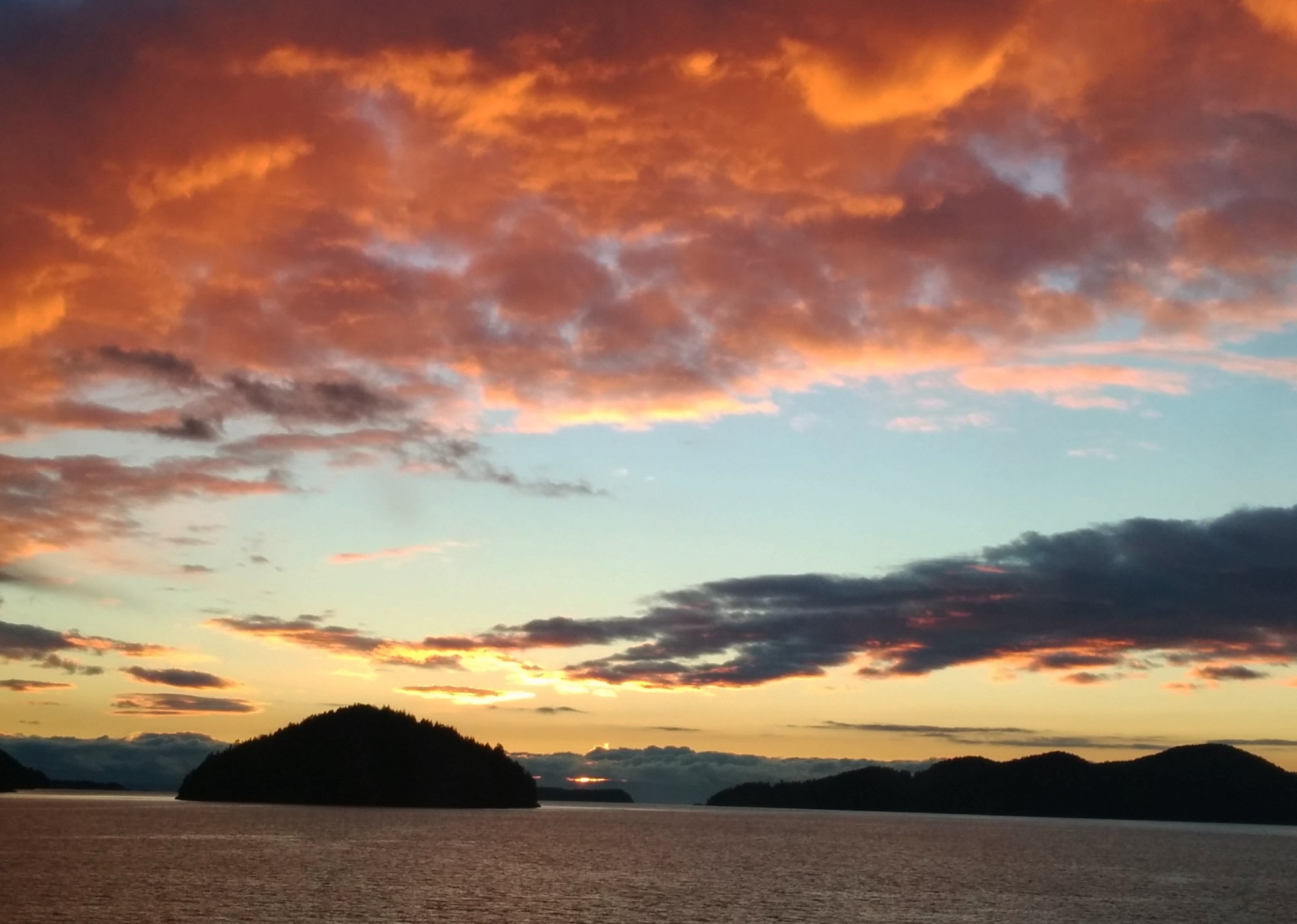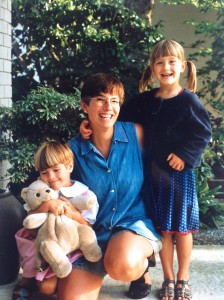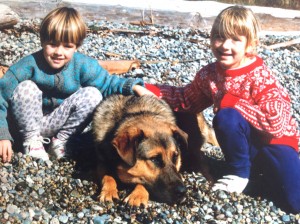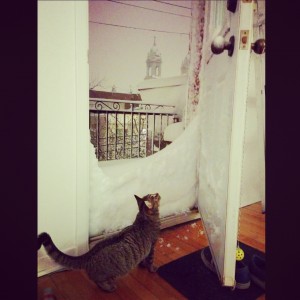I’m very lucky, my entire childhood I lived in the same house, with my sister and my parents. Now that I’ve moved across the entire country and I’m living in Montreal, it’s a new sort of home. I did have a step between these two extremes, I moved out of my parents house a few years before I moved to Montreal but no mater where I’ve lived the “home” number in my phone has not changed. That’s not to say that I haven’t felt at home in the other places that I have lived but simply that no matter what, my home will always be where my family is.
When I think of home I immediately have certain memories that flash into my mind. The first is breakfast time, my dad always made breakfast, now that I think about it we had some weird breakfasts. My favourite was boiled cornmeal that he poured onto a plate and sprinkled with chocolate chips. On easter and valentines day the chocolate chips would be replaced with easter chocolate or red and pink smarties. This breakfast was always accompanied by the soundtrack of the Gypsy Kings, I can sing the entire “Bamboleo” song even though I have absolutely no idea what it means.
I feel like as a kid I had a lot more freedom than kids do now, I understand that parents want to protect their children and they don’t want their kids to get hurt but some of my fondest memories of my childhood and my home are the times that I did get hurt or we did get in trouble. Somehow my neighbour Stephanie was always the one who got hurt the most but I was always the one who got to play doctor. Of course all of these things had a be a secret. I still don’t think her mom knows where she got the scar on her hand from pruning shears trying to make a fort in the neighbours hedge, or the scar on her hip where she got bit by a dog while rollerblading.
My childhood dog is a huge part of my memories of home, he was the best. Simon was the most tolerant dog in the world. He was also a thief. He would steal any food that was left out. He once stole an entire roast chicken off the stove and ate the whole thing, not a bone was left. That’s really only the start though, his thieving also included a pound of butter, two dozen gingerbread men, 30 year old christmas ornaments made of salt dough, and more panettone bread than I’ve consumed in my whole life.
These memories are what make my home special. It’s not the home itself, it’s the people and the memories that happened inside it. Living in Montreal I have no old friends or family around me but I know that as soon as I miss home I can be there again with a phone call. If I’m sad I can talk to my mom, if I need to laugh I can call my dad, and if I need someone to kick my ass and make me see reason I call my sister. These people will always be there for me, no matter where in the world I am, just like I’ll always be there for them. Home is where your people are, but more than that it’s the people who make your home.



